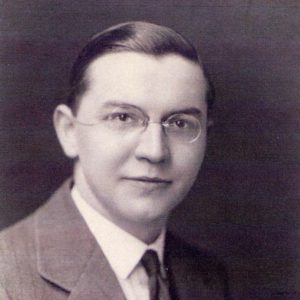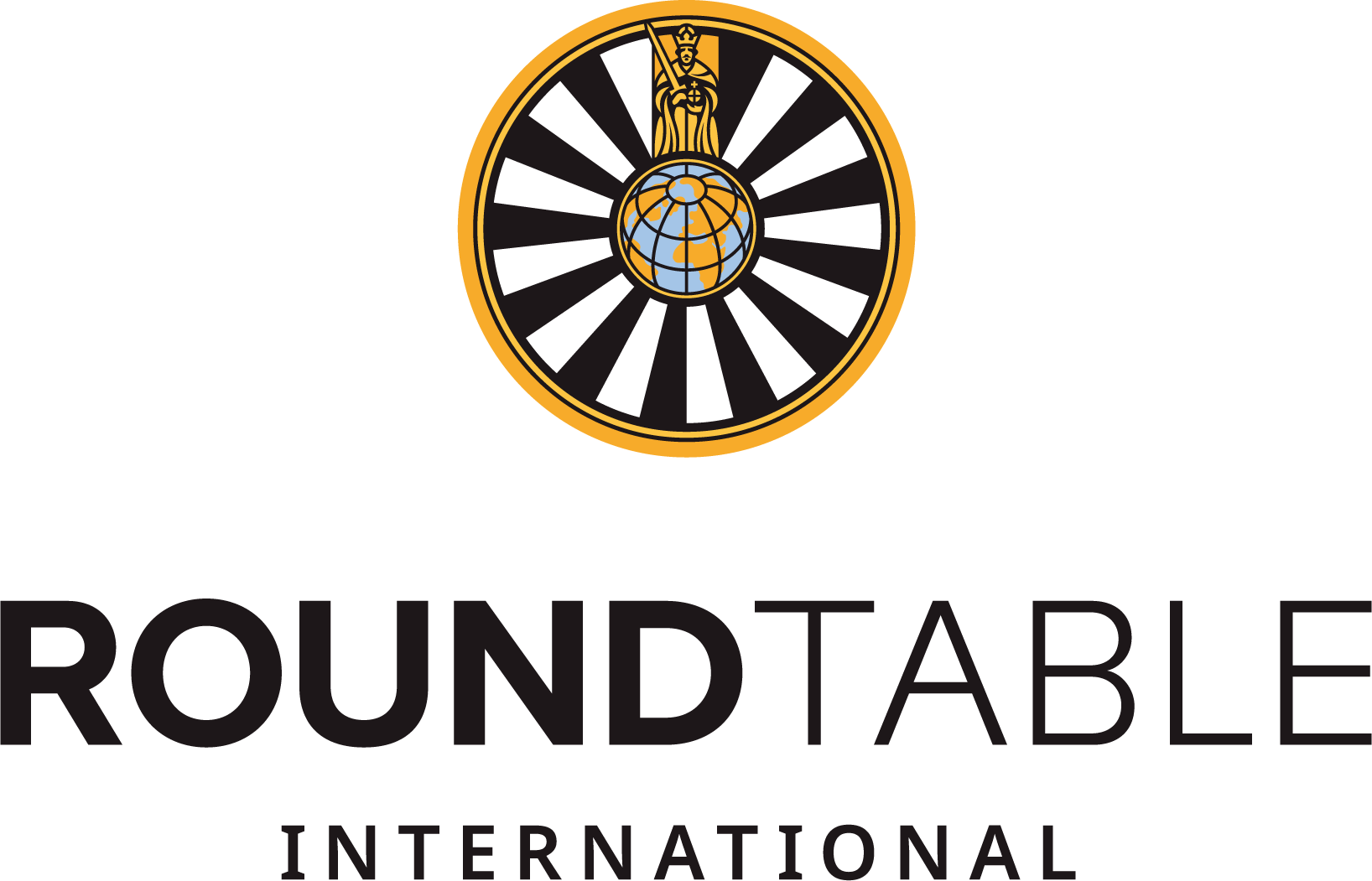Erminio William Louis Marchesi was born 19th January 1898 of an Irish Mother, and a Swiss Father. His father was of the small town of Poschiavo. The family name lives on to this day in the town for the donation of the Church and Hospital to the local community.
He joined the Army, under age, in WW1 and served throughout the war. He was torpedoed off the Cape of Good Hope and spent 10 hours in the sea. In his letters home he called himself “Erminio” , later using “Louis”, but whilst in Table he called himself “Mark”
Mark became a member of Norwich Rotary Club. In his Maiden speech to the Club, he was obliged to speak on a subject about which he knew more than anyone else in the room: What it is like to be 27 years old. He developed the idea whilst on his feet, to create a club which was exclusively for young men.
At the British Industries fair in Birmingham, the Prince of Wales said “The young business and professional men of this country must get together ROUND the TABLE, ADOPT methods that have proved so sound in the past, ADAPT them to the changing needs of the time, and wherever possible, IMPROVE them.” This speech quickened Mark`s enthusiasm, and led to a meeting at Suckling House in Norwich on 14th March 1927 at which “Round Table” was formed. Its motto was and still is
Mark was always a keen sportsman, particularly football and boxing, played Tennis even over the age of 50. He was a strong swimmer, which saved his life in WW1. One anecdote reveals his imperturbability: he had forgotten his dress trousers, but was unruffled as his brown ones could not be seen behind the tablecloth.
He was very fond of practical jokes, at a farewell party at a National Conference, he turned up in overalls with a broom to sweep up, he was delighted no one recognized him. He aimed to live until 70 ( 3 score years and 10) at 68 he was given 6 months to live by his doctor, but he did make 70, he died on 10th December 1968
Over 3000 people attended his memorial service in Westminster Cathedral, at which Rt. Rev canon FJ Bartlett said that it was obvious to all by the nature and size of the congregation that Mark was a man of foresight and inspiration. He referred the congregation to the words of Christopher Wren on the floor of St.Pauls Cathedral “If you want to see a memorial to this man, look around you”

